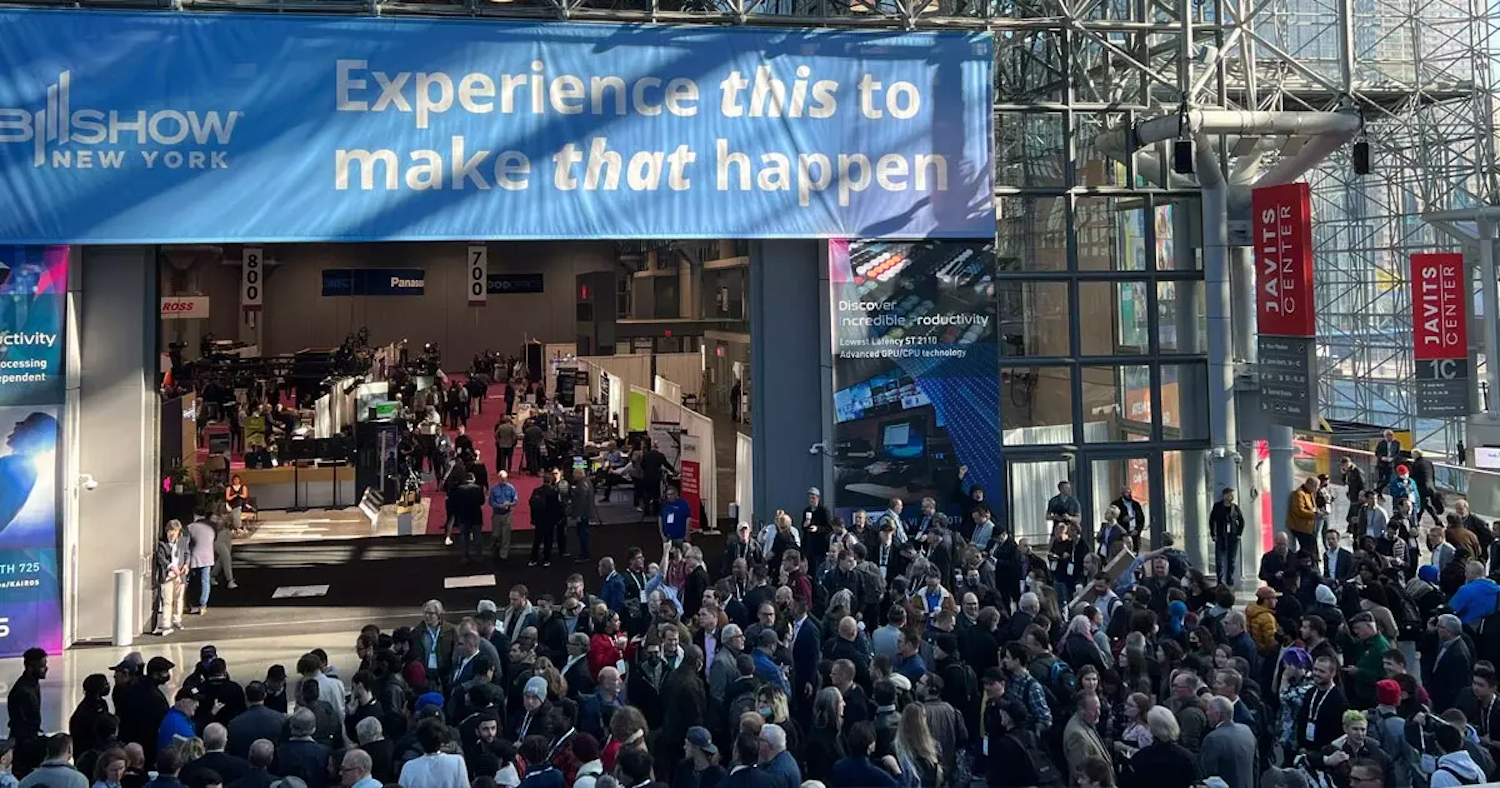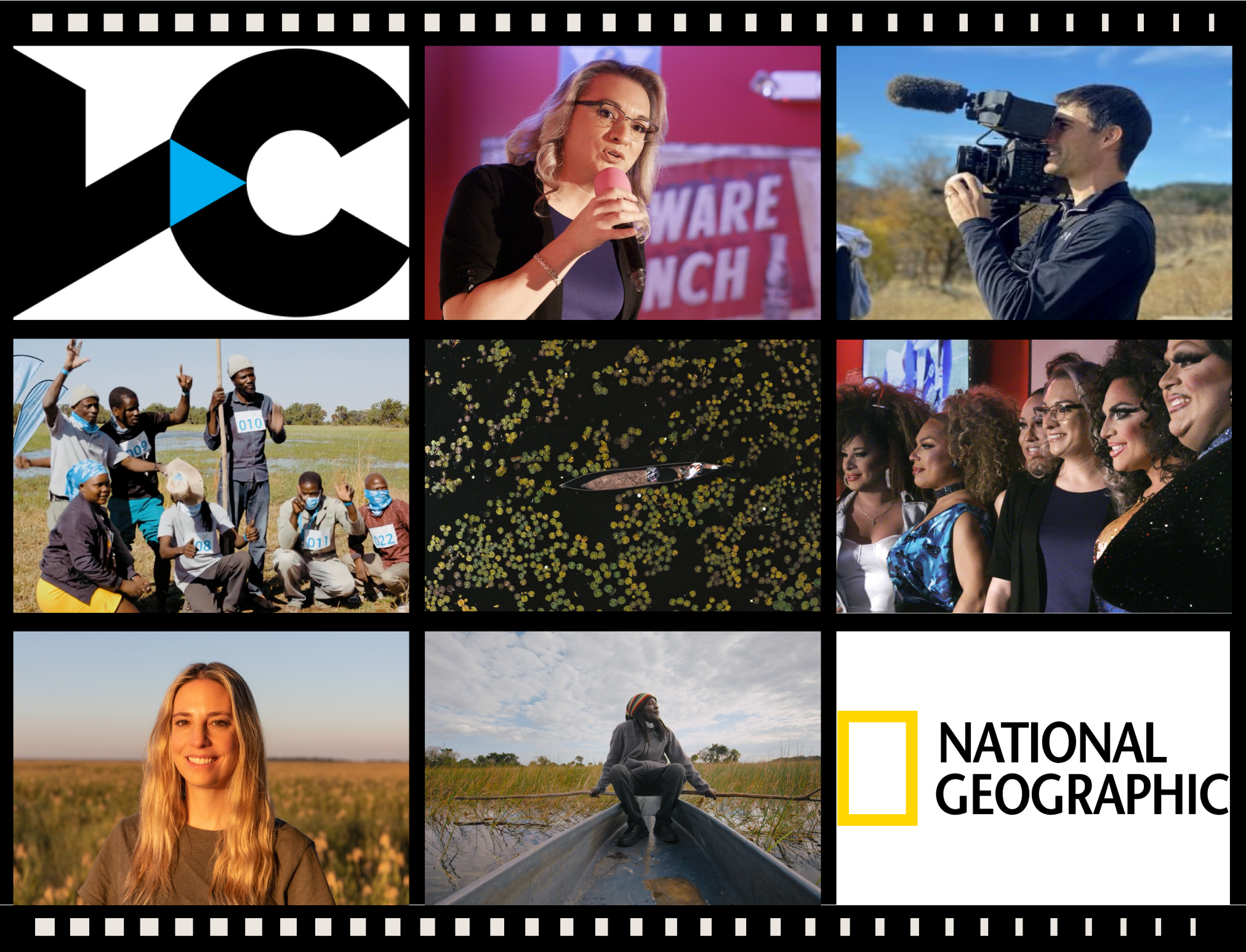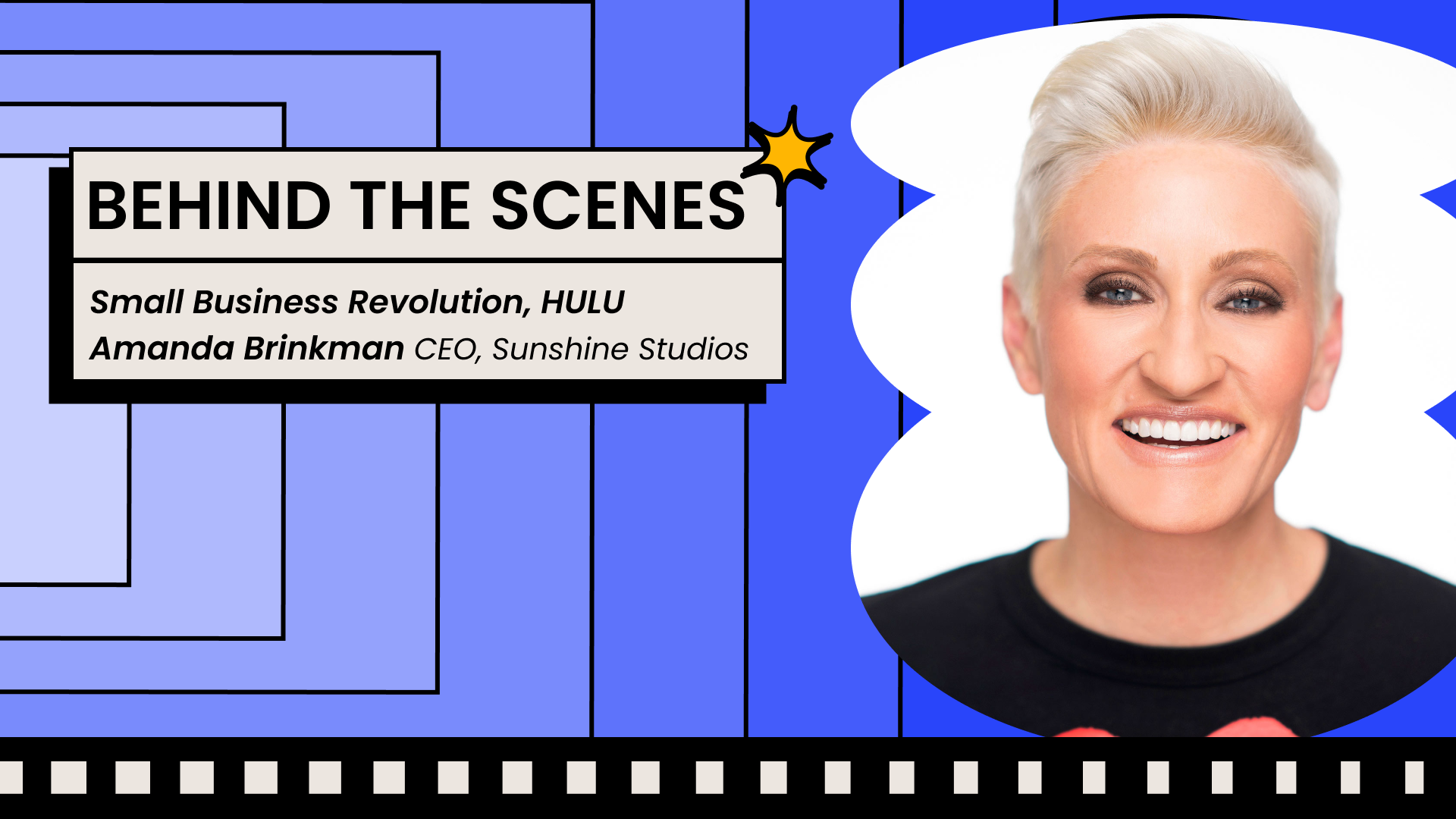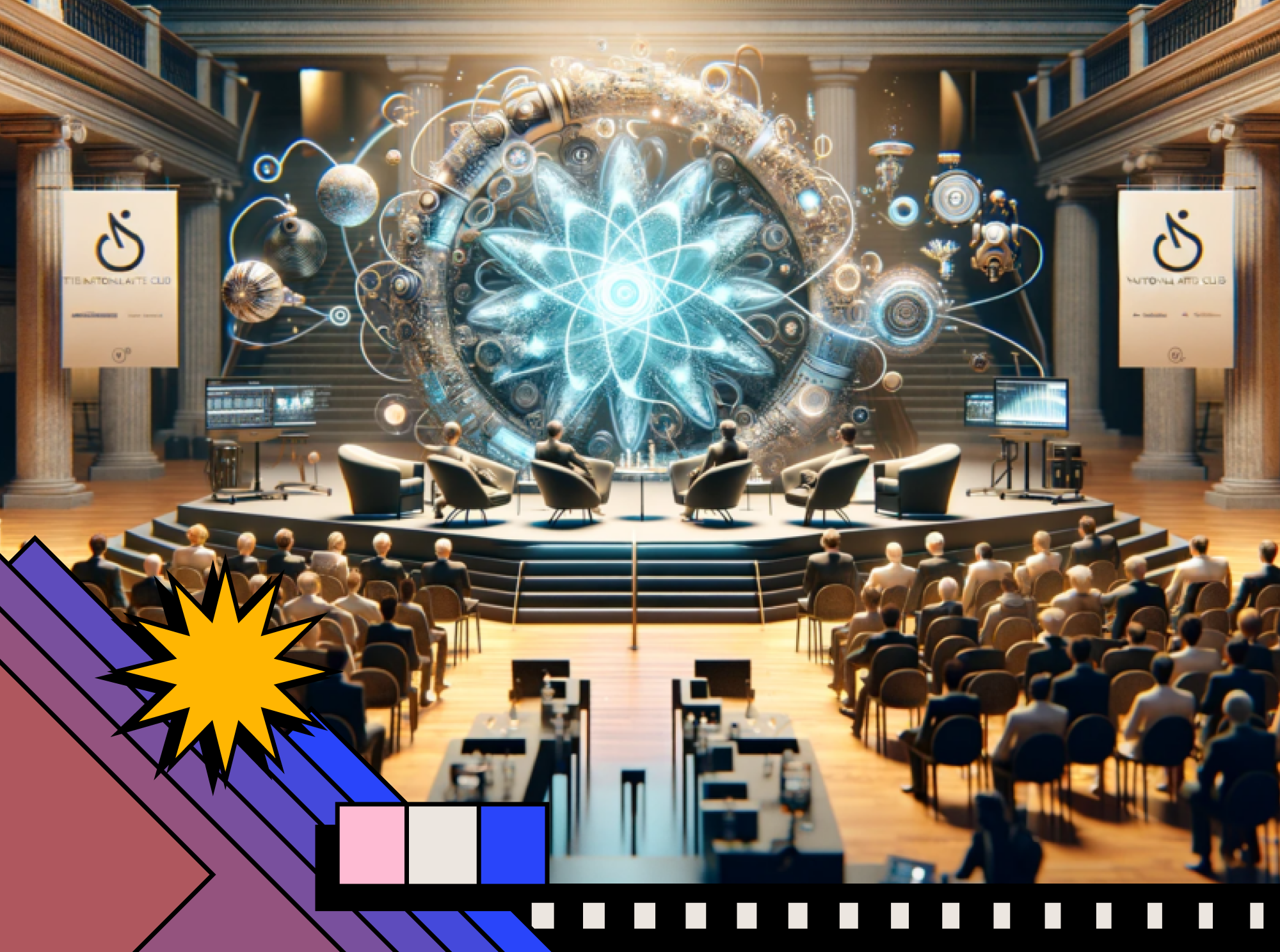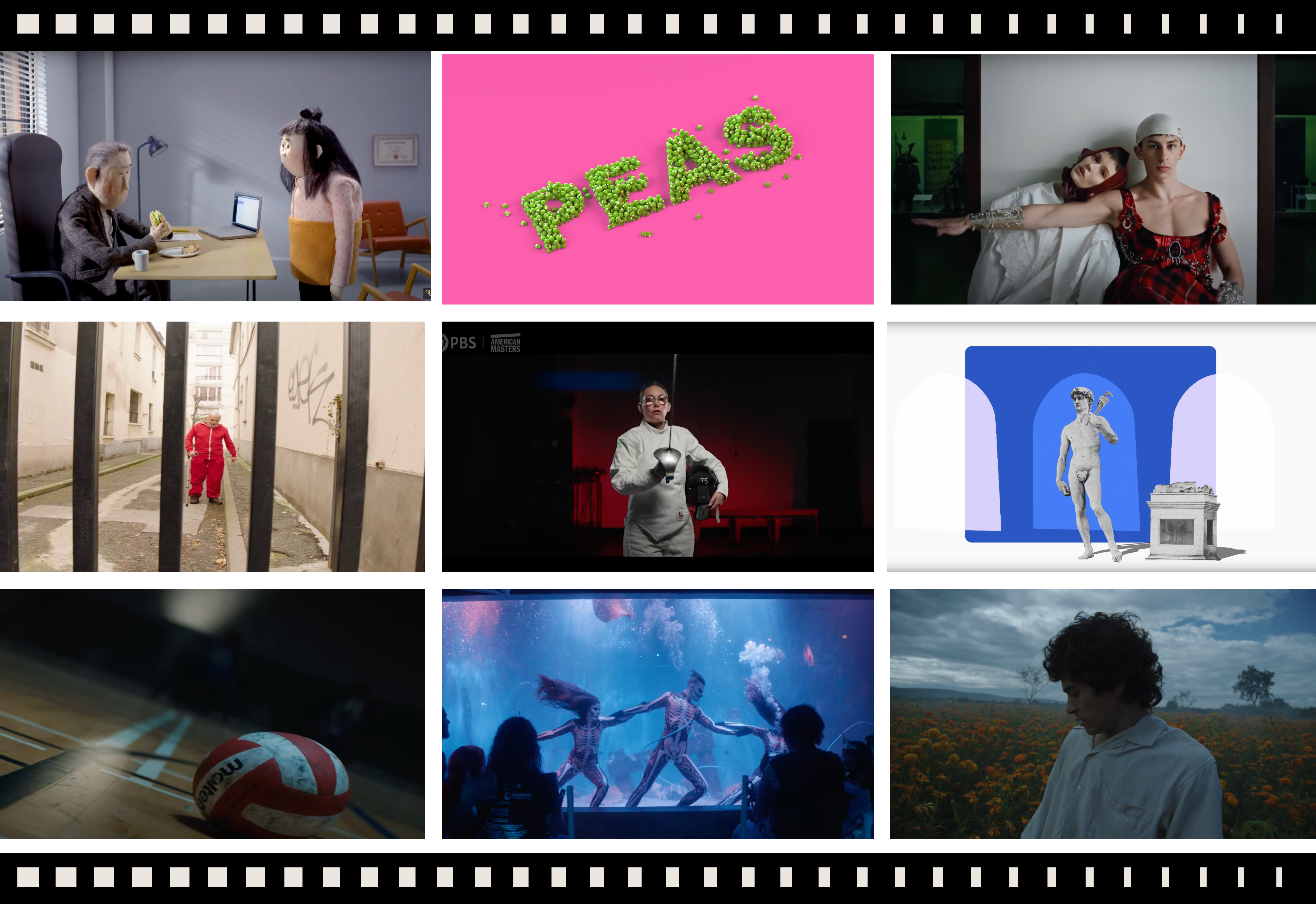As the film and broadcast industry returns to a normal rate of production, it also returns to the time-honored tradition of trade shows! October saw The NAB Show New York return to the Jacob Javits Center alongside the annual Audio Engineering Society (AES) convention, bringing together broadcasters and technology vendors across a vast exhibit floor and robust conference program.
NAB NY hasn’t taken place in-person since 2019, although a virtual alternative was successfully produced in October 2020. In exploration of over 200 company booths presenting hands-on learning and interactive product demonstrations alongside dozens of talks and networking hours, themes of reconnection and technology framed many conversations. The advancements of tech in both software and hardware have allowed various companies to advertise themselves as being “the future” of their specific niche within the industry.
Our interest this year was specifically focused on the myriad options for cloud-based storage in both production and post-production. Post-production once lived and died by the structure and speed of hard wired, portable drives with lifespans as short as the tech’s shelf life. Combined with a rightly paranoid need to back-up the back-ups of all footage and assets while keeping projects for infinite amounts of time, this often results in warehouses full of outdated and filled-to-capacity drives collecting dust for years to come.
Cloud based storage technology offers companies the ability to rid themselves entirely of physical drives, freeing up space in offices and warehouses while creating an infinite storage option that is always backed up. The environmental implications of ridding the industry of unnecessary non-recyclable physical hardware in turn helps to save our planet one drive at a time…or so you’d think.
The transition to cloud-based storage in our industry is an obvious and sensible progression, but we found a dearth of awareness toward the environmental implications and impacts these global data centers have in both carbon emissions and rising CO2 levels – a reality we recently became aware of through our partnership with Green The Bid. According to a study conducted by BFI, the film and advertising industry alone is responsible for producing over 2840 tonnes of CO2 per production between all stages of production, which has resulted in cries for mandatory reporting of carbon emissions to attempt to reduce this impact.
One company of note that we spoke with, Backblaze, took the time to explain how its Stockholm data center was sustainably cooled by utilizing the water of the lake it is housed on, offering infinite cloud-based storage options while reducing the emissions from their particular data center. While their operations were indeed unique, there was sadly no company that presented a policy or initiative addressing the recurring environmental implications of cloud-based storage futures.
Our most profound takeaway from NAB New York is that while the availability of technology has been able to solve every man-made problem the industry has presented us, there also comes a great responsibility to solve the environmental problems we’ve created with this technology.
We look forward to the conversations surrounding sustainability within this industry as the year comes to a close, and 2023 presents new challenges for us to break through.

